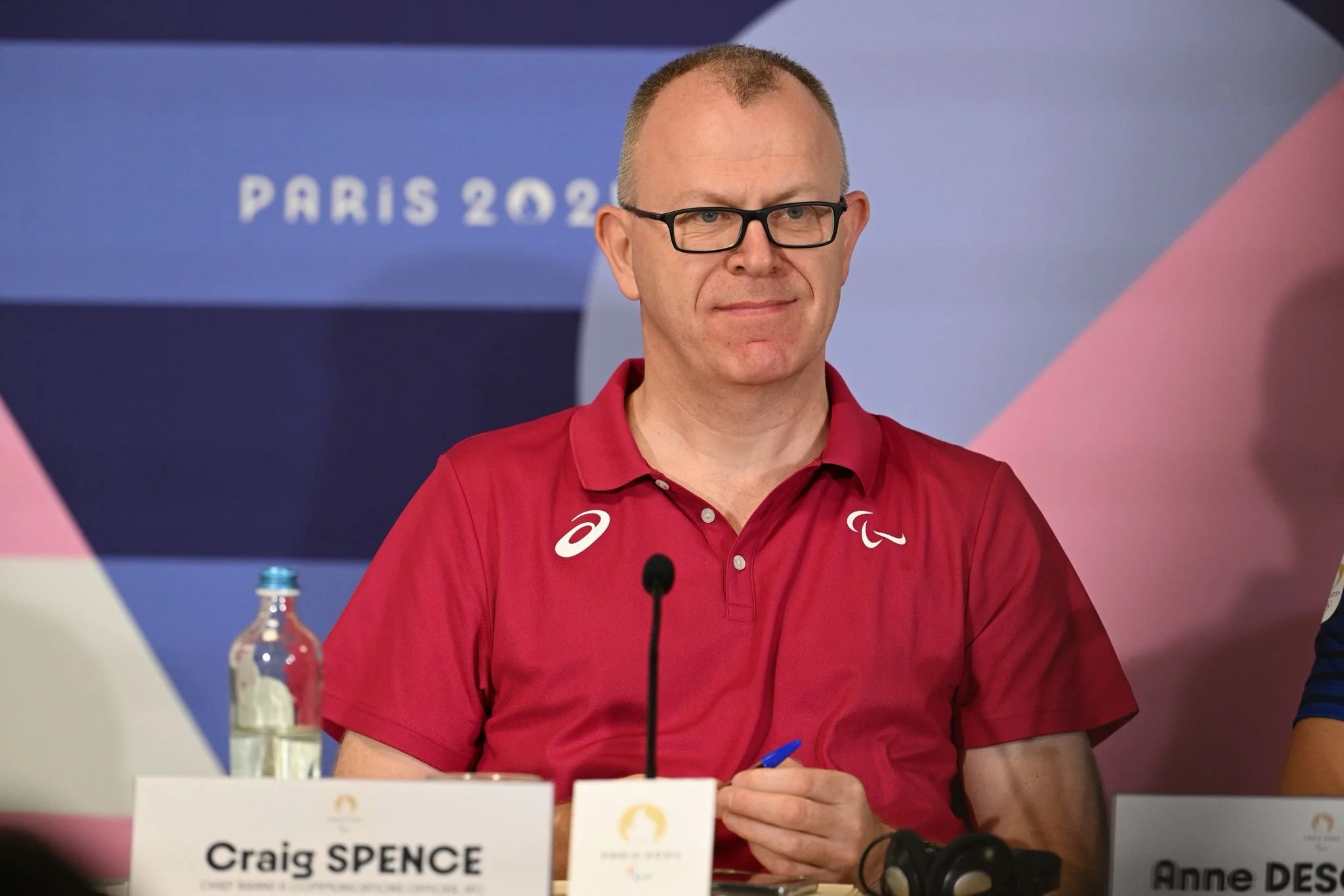Representing the 15% - Craig Spence on Paralympic sport, international communications and advocacy
By Scott Dougal
Craig Spence, Chief Brand and Communications Officer for the International Paralympic Committee (IPC), was our guest for this month’s webinar and he offered an excellent view into what can be achieved when communications takes a seat at the top table of an organisation.
Formerly with the Rugby Football League, Craig joined the IPC in 2010 just two years before London 2012, the Games when Paralympic sport took a giant step into its future, but when the Bonn-based federation had a staff numbering just 30.
Since then, the IPC has navigated some huge challenges to establish itself as a leading voice advocating for disabled people, and to establish the Paralympic Games as one of sport’s great events. At the heart of all that, has been an organisational buy-in that communications is important – not as an output but to help set strategic direction.
On the central role of communications at the IPC: “It’s one of the reasons why I think I’ve never left the IPC - I intended to be here two years, and I’ve been here 15. The joy of the IPC is that when our board meets, comms is in the room - we have an opportunity to share our view. There are many sports organisations who I’ve spoken to about potential employment. And that is the first question I ask is: am I there to communicate your decisions, or will I be involved in the decision-making? And if it’s the former, I’m done.”
On the combination of strategic stakeholder-mapping combined with a strong ‘campaignable’ idea that made the multiple award-winning ‘We the 15’ campaign such a success: “If the issue we’ve got is persons with disabilities are being forgotten about and disproportionately impacted by the pandemic, that’s not just an IPC problem. That’s a problem for every other organisation that deals with disability around the world. So I started with the International Disability Alliance that is, effectively, the global body representing persons with disabilities. Then we delivered a map of who else we felt we needed on the organisation. So we looked at the UN agencies, we worked together with the Special Olympics, the Deaf Olympics, the Invictus Games and - within six months - we had 20 international organisations backing the campaign.”
On the balance of short-term and long-term thinking he used to help the IPC navigate the Oscar Pistorius trial: “The initial story was that he’d mistaken this as a burglary, and that it was a tragic accident and I was always very clear when discussing with our President and Chief Executive, if it’s not an accident, and we go out with a massive vote of sympathy here we will get absolutely hammered later. So, in our first statement, we didn’t really mention Oscar Pistorius, we just said, ‘Look, this is a tragic incident. Our thoughts are very much with the family of the deceased, Reeva Steenkamp, and this is a police investigation.’”
On the unique power sport has to effect societal change: “We have in the Paralympic Games, the world’s third biggest sporting event on this planet, and it’s important that we use that platform and that global profile to not just make the IPC a better organisation, but use it to advance the lives of 1.3 billion persons with disabilities and create opportunities for them, so they can live the same lives as everyone else.”
On the importance of stakeholder engagement in navigating tough issues like the suspension of Russia from Rio 2016: “So Saturday morning, I was in the office, there were three of us in the office. We worked on everything because it wasn’t just a case of telling the world that we were going to suspend Russia. There was also the stakeholder piece with it. So, letters to the (Russian) National Paralympic Committee in form of the suspension, letters to our other National Paralympic Committees and International Federations, telling them that we were taking this decision, and these were the reasons why, so the moment we announced it publicly to the media, our members were informed.”



